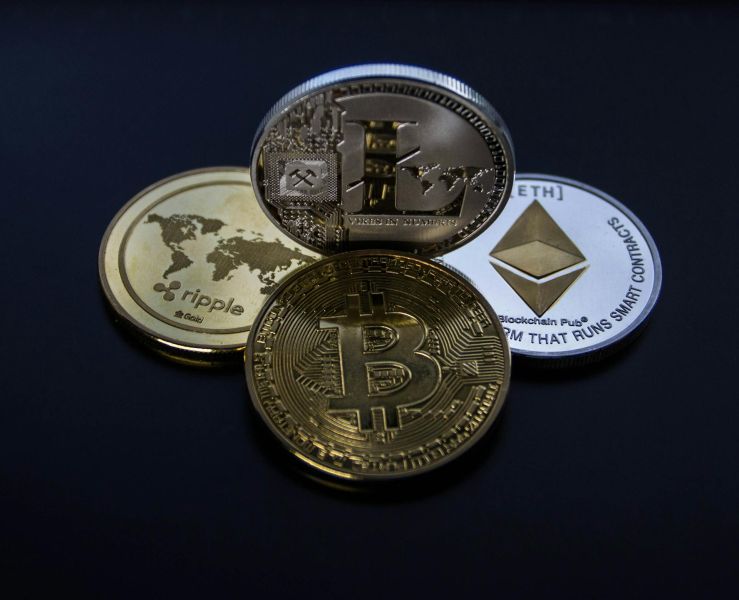The growth of the adoption of crypto assets among institutions stimulated the development of the trading ecosystem and the emergence of crypto institutional services and tools for earning. One of the popular ways for investors to engage with the crypto market and earn is to become market makers. They are employed to provide liquidity for crypto markets, creating a healthy trading environment for their customers.
How do we understand that the market is attractive for traders? – It must offer sufficient supply and demand for assets and a high level of trading activity, as well as quick and smooth order fulfillment. High liquidity means a favorable trading environment.
In this article, we will explain the basics of market-making in crypto, how they earn, and who can provide crypto market-making services.

Who Can Get Into Cryptocurrency Market-Making?
Market-making means injecting sufficient liquidity into crypto markets. That must be someone who possesses large capital. Even though every regular trader is also a part of the market in the share of trading volume one operates, more is needed for large trades, especially for institutional-grade platforms.
Trading platforms partner with specialized entities and financial institutions that are able to provide a sufficient level of trade volume. For that purpose, a would-be market maker needs to prove they possess impeccable credit ratings, are authorized, and can meet all the obligations from the part of a trading platform.
Things get easier when it comes to the decentralized landscape – anyone can become a market maker (liquidity provider) by adding tokens to a specific liquidity pool.
How Do Market Makers Make Money?
In the context of cryptocurrency market making on a centralized exchange, market makers earn these ways:
- Bid-ask differentials. A market maker can place a buy (bid) price at $30 and sell (ask) price at $30,20, taking that 0,20 spread per token.
- Portion of fees on a crypto trading platform (depending on the market maker program they participate in).
In the DeFi (decentralized finance) space, market makers earn by providing liquidity to decentralized exchanges and liquidity pools. They facilitate trading by offering crypto assets for purchase or accepting them for sale, earning fees from the transactions. These fees are typically a percentage of the trading volume and contribute to the market maker’s earnings in the DeFi ecosystem.
Conclusion
The fact is that market-maker services are vital for smooth and efficient trading. They act in centralized and decentralized trading environments. Without their services, it would be impossible to trade easily – there would always be delays, prices would be even more unstable, and it would be impossible to trade large amounts.

Founder Dinis Guarda
IntelligentHQ Your New Business Network.
IntelligentHQ is a Business network and an expert source for finance, capital markets and intelligence for thousands of global business professionals, startups, and companies.
We exist at the point of intersection between technology, social media, finance and innovation.
IntelligentHQ leverages innovation and scale of social digital technology, analytics, news, and distribution to create an unparalleled, full digital medium and social business networks spectrum.
IntelligentHQ is working hard, to become a trusted, and indispensable source of business news and analytics, within financial services and its associated supply chains and ecosystems









